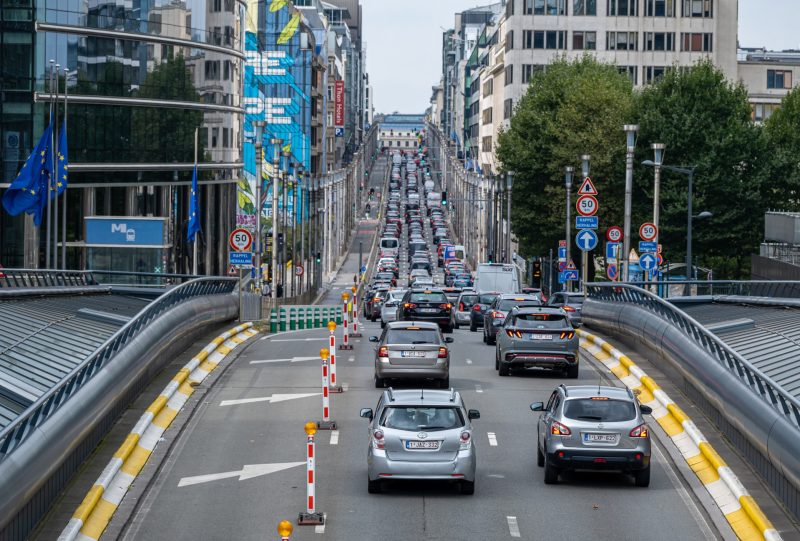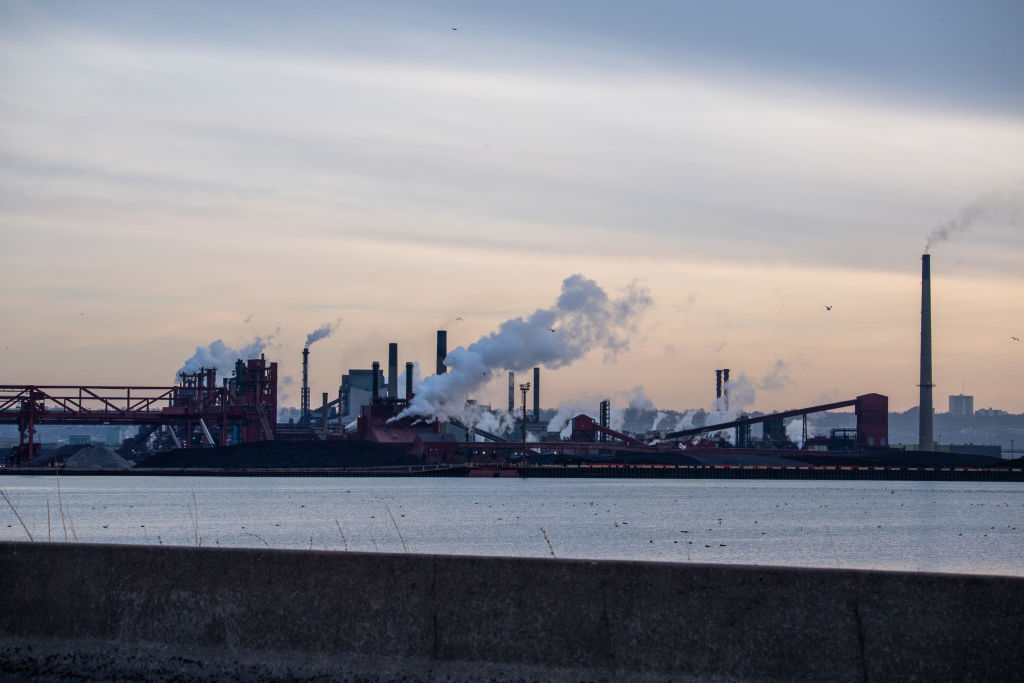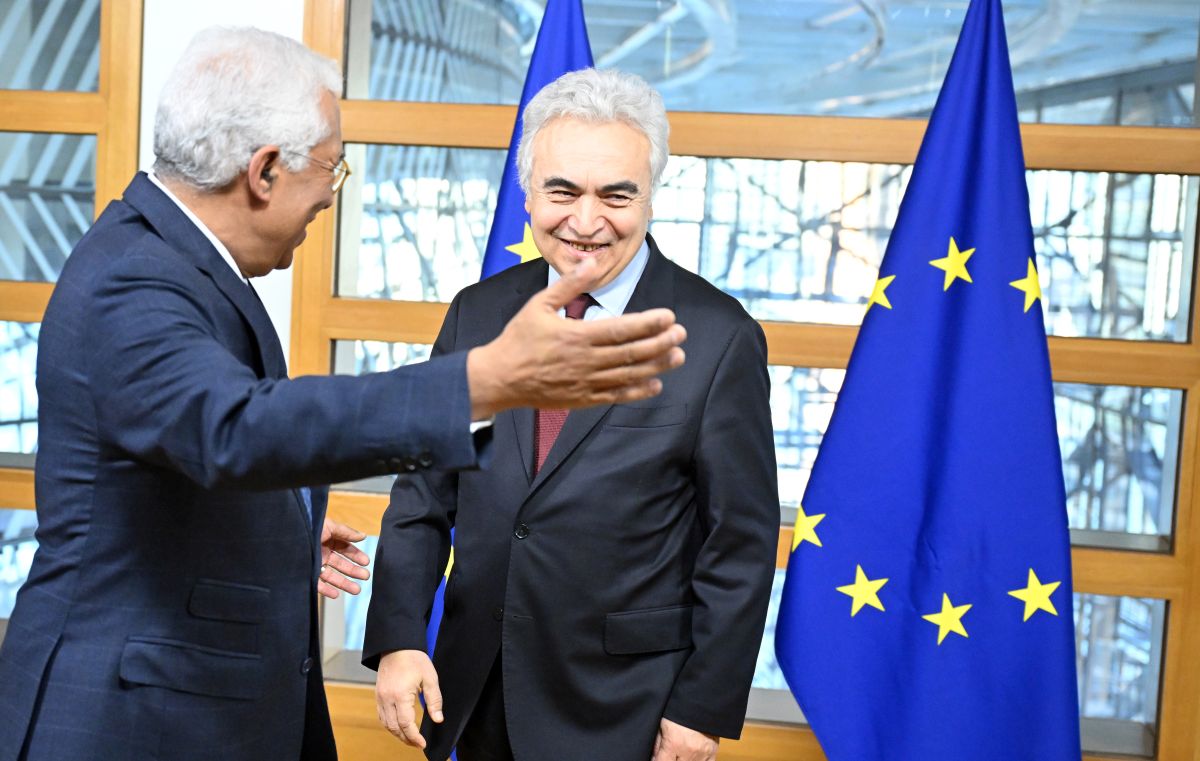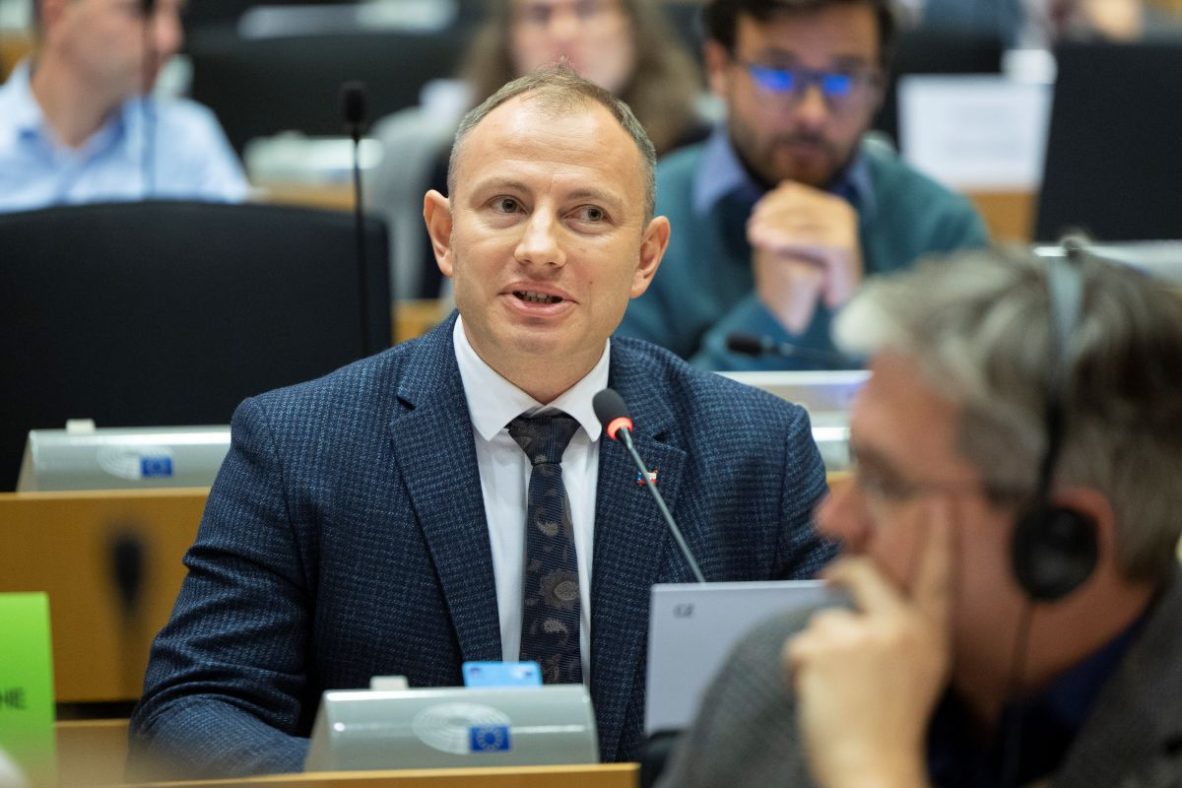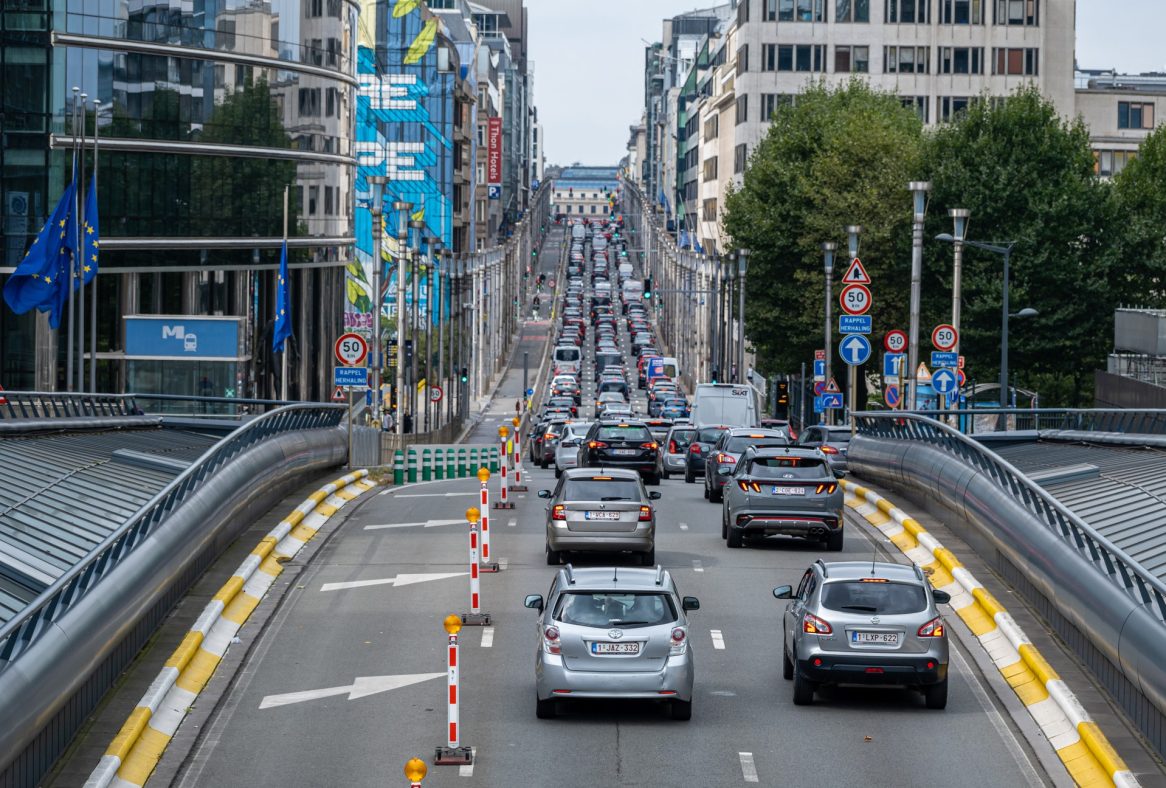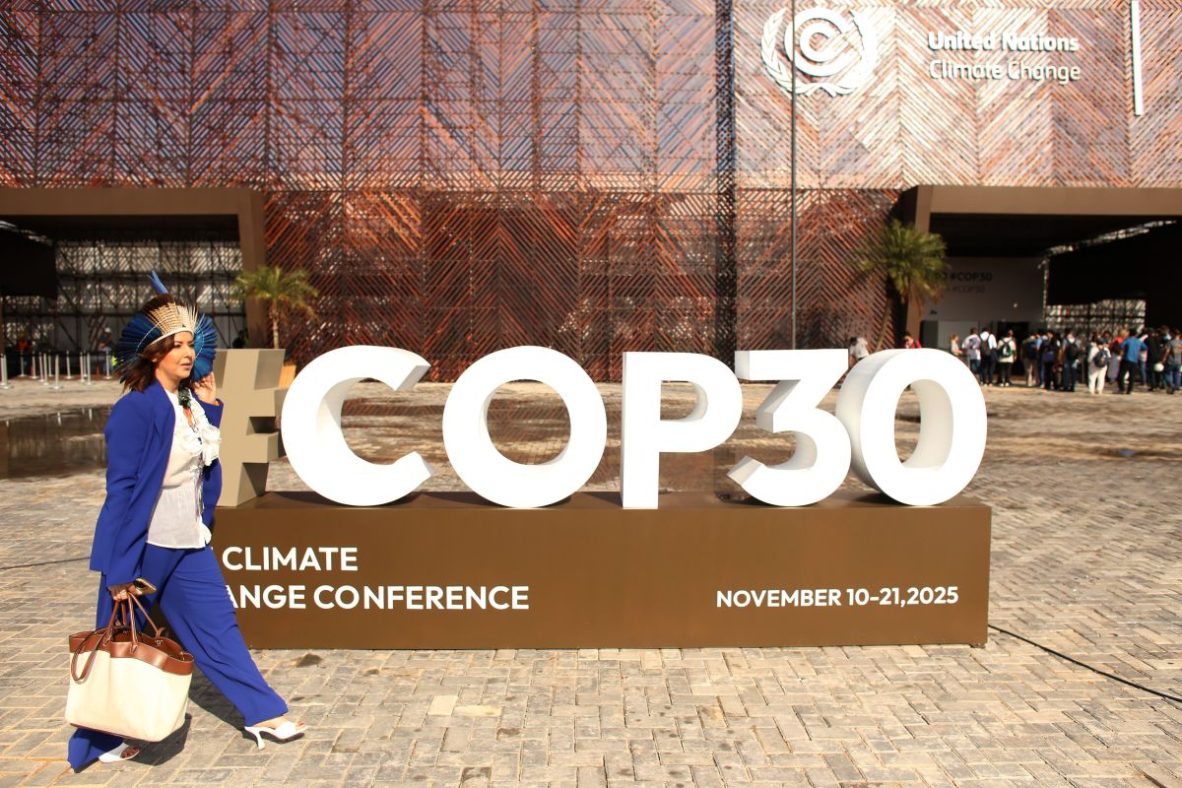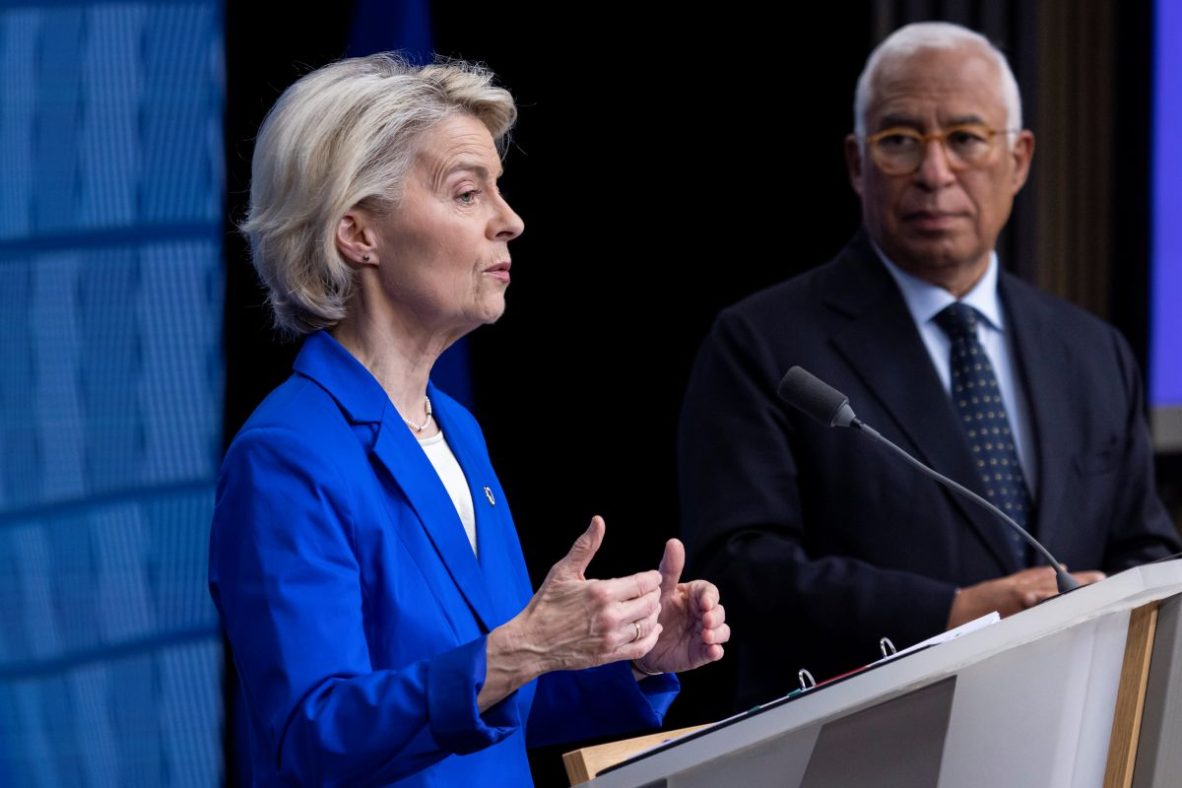ANALYSIS: The optics may be bad, but Europe hasn't given up on net-zero just yet
The EU still sits firmly in the ‘ambitious’ camp for emissions reduction targets. But to realise a green transition it must overcome a growing climate action fatigue, as well as the backroom ear-bending of lobbyists and public threats of mass layoffs
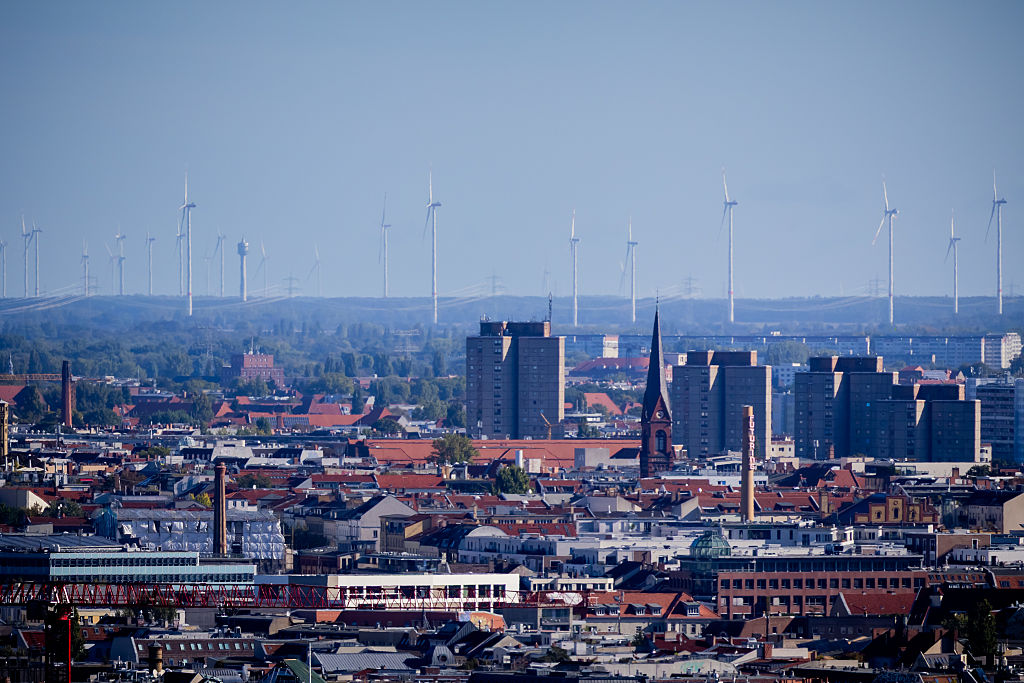
Make no mistake: Even after environment ministers emerged dishevelled on Wednesday morning after their 24-hour conclave with the news that they want the EU to outsource a large chunk of its climate action to the developing world, the emissions reduction target they agreed upon is still among the most ambitious in the world.
Unlike, say, China, whose pledge to cut annual greenhouse gas emissions by at least 7% by 2035 fits comfortably within current trends.
After that, the regulatory framework will have to be overhauled again, with renewable energy targets ratcheted up and energy-saving mandates tightened, along with a plethora of other laws designed to accelerate the shift from fossil fuels to electrification – every one of them ferociously lobbied and fought over by governments and MEPs.
So the target – with which the EU formalised its promise to Paris Agreement partners, to cut emissions 66.25-72.5% by 2035 – puts the EU firmly in the ‘ambitious’ camp, even if it is trailing the UK’s 81% pledge for the same year.
Stage fright
But it could have gone a lot more smoothly. Denmark repeatedly lambasted the European Commission for taking so long to table its mid-century goal for climate neutrality – a proposal to which it was legally required to table by June 2024.
The proposal – based on a report from the European Scientific Advisory Board on Climate Change – finally emerged in July this year, giving the incoming Danish presidency of the EU Council less than three months to get a deal in time for the deadline to submit a ‘nationally determined contribution’ (NDC) to the UN.
We weren’t ready in time and had to witness the unedifying spectacle of Ursula von der Leyen, posing as a global climate leader, presenting a mere statement of intent at the UN General Assembly in September.
Last week’s overnight session in EU Council headquarters saw a deal just in time for the COP30 summit proper (a formal endorsement of that promissory note). This means Europe still has a reasonably robust climate target, with the European Parliament’s environment committee likely to endorse the 90% target (and even call for a reduction of the outsourcing quota).
Winds of change
The trouble is, while more or less sticking to its guns on climate policy as Europeans tell pollsters that climate breakdown remains among their top concerns, the European Commission is also bending to a change in the prevailing political wind (see the environment policy U-turn of its ‘simplification’ agenda).
In the anonymous safety of the voting booth, Europeans are giving a boost to parties that promise to prioritise the economy, keep foreigners out, and pander to any number of culture war standpoints.
The populist right are not exactly old-school climate change denialists, although there are still one or two nutters hanging around the European Parliament at our joint expense. Even Donald Trump’s energy secretary Chris Wright is happy to acknowledge anthropogenic climate change is real. He just argues it’s not worth trying to fix when there’s cheap oil and gas to be had, and willing buyers lining up.
The economy, stupid
What’s going on in the EU – a region without fossil fuel reserves of its own to exploit – feels more like climate action fatigue, denial as a psychological defence mechanism rather than a cynical political strategy. Not the je-m’en-foutisme radiating from the White House.
If you have to choose at the end of the month whether to feed the kids or keep the house warm, you’re not suffering from “food poverty”, nor are you living in “energy poverty” – you’re just poor. And carefully constructed “just transition” and “social climate” funds are not going to entice you on board the net-zero agenda if employment remains precarious, housing costs exorbitant, and the status quo prevails.
It’s this fact that social democrats, liberals, Greens, the European Commission and, yes, even the substantial numbers of conservatives (as evidenced by the deal that looks set to be struck in the European Parliament this week) will have to square up to. In doing so, they will have to overcome the lobbyists – with their dubious technological fixes, backroom ear-bending, and public threats of mass layoffs – and a US government demanding we buy their fracked gas.
Only then can we realise a green transition in Europe, the only region in the world that has demonstrated economic growth really can be decoupled from fossil fuel consumption and CO2 emissions.

